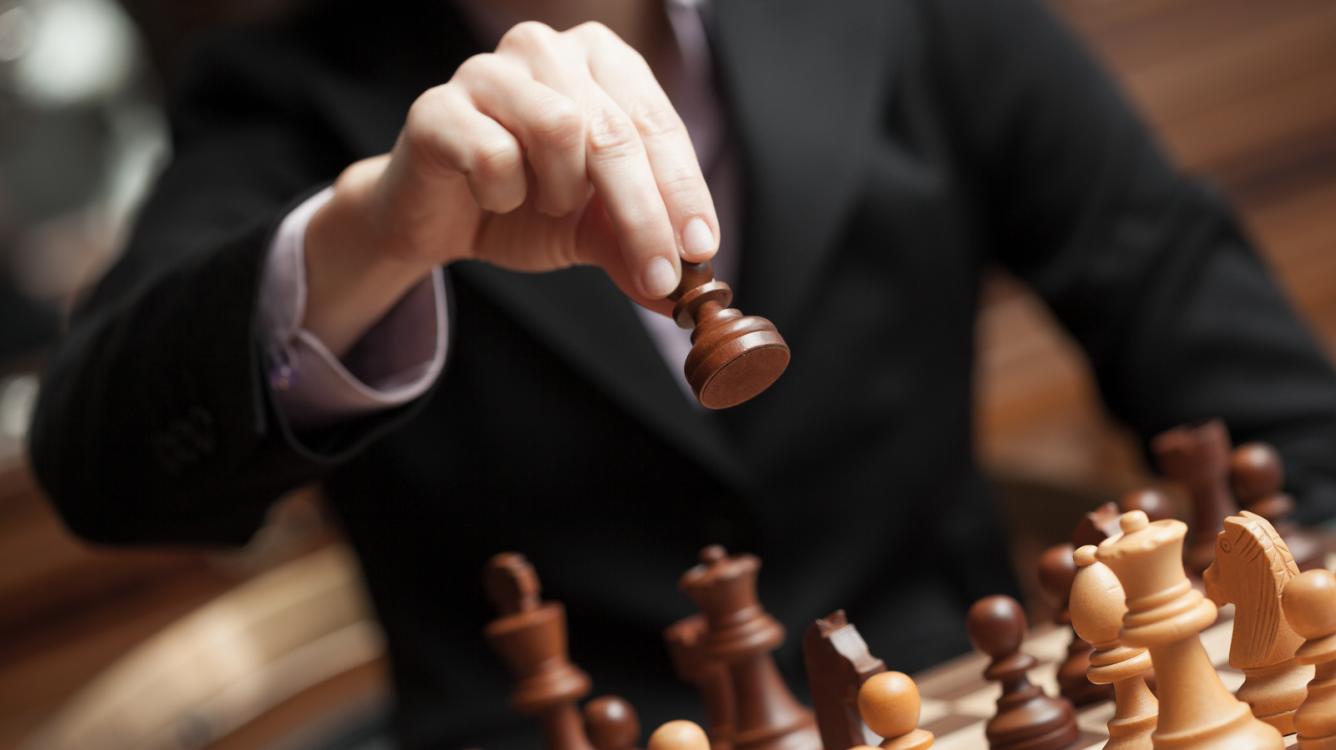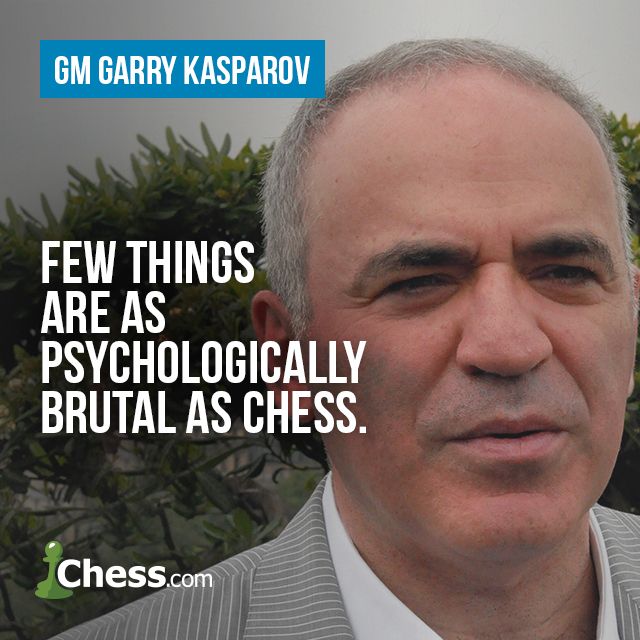
Is Chess A Sport?
Chess is both a game, and a sport! Here are ten ways that chess is a sport:
1. Chess is physically demanding.
Chess players do not compete based on athletic prowess, but it is essential for elite chess players to be in excellent physical shape. Games between elite players often last 7, 8, or even 9 hours. The slightest mistake means instant defeat if a player's concentration lapses. Here is World Champion Bobby Fischer discussing fitness prior to his world championship match with Boris Spassky.
2. Chess is competitive.
Anyone who has played a chess game has felt the drive to win. The experience of sitting across the board from a fierce opponent as your clock ticks down and the game becomes more complex is as tense an experience as there is. Here is a nail-biting finale between World Champion Magnus Carlsen and his fierce rival, Levon Aronian.
3. Chess demands skill.
Elite chess players spend a lifetime honing their craft, practicing openings, studying endgames, solving studies, and much more. The regimen of a professional chess player is every bit as demanding as that of a professional athlete.
When they're eating, I'm working, when they're working, I'm working...when they're sleeping, I'm working- @GMCanty https://t.co/xMu6qdk6Cx pic.twitter.com/hdWEQ6H8pN
— US Chess (@USChess) June 24, 2017
4. Chess players practice sportsmanship.
Etiquette is extremely important in chess. Before and after every chess game, players are required to shake hands. Regardless of result, it is traditional to wish your opponent good luck before the game and to thank them for the game afterwards.
Etiquette in chess derives from a deep respect for your opponent, for their ideas, and for the fact that a brilliant game requires a worthy opponent.
Even minor breaches of etiquette can induce severe penalties such as when GM Ivan Cheparinov refused to shake GM Nigel Short's hand and was thereafter forfeited.
5. Chess is recognized as a sport.
The International Olympic Committee has recognized chess as a sport. While this acknowledgement falls shy of recognition as an "Olympic Sport" which would merit inclusion in the Games, it is an acknowledgement of the sport-like properties inherent in chess.
6. Chess is universal.
Chess is played by roughly 600,000,000 people around the world. It's ubiquity serves as a commonality between people of different languages, cultures, and backgrounds allowing an international communication and comradery often associated with sport.

7. Chess is a mind sport.
According to Wikipedia, "A mind sport is a game of skill where the mental exercise component is more significant than the physical." Chess is a challenge of the mind, but it also challenges the mind, pushing humans to new intellectual feats, and developing critical thinking and problem solving skills.

8. Chess inspires national fervor.
Perhaps the peak of sporting pleasure is witnessing your countrymen and women compete for national glory in the Olympics or the World Cup. Chess has similarly fueled people's national imaginations such as when Bobby Fischer challenged Boris Spassky for the World Championship in 1972. At the height of the Cold War, this competition between an American and a Soviet player was watched by millions around the world inspiring (in the U.S.A.) Fischer-mania.
9. Chess has doping controls.
Like most major sports, chess players in major events are tested for substances that may provide them a competitive advantage. It is debatable if any substances could aid a player. Instead, chess players are much more concerned about cheating via computer assistance.
10. Giant. Bullet. Chess.
This is definitely a sport ![]()
Itching to play? Start a game now at Chess.com!






